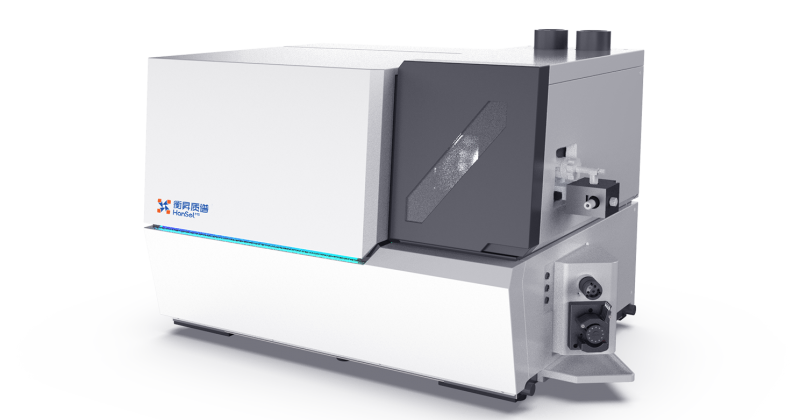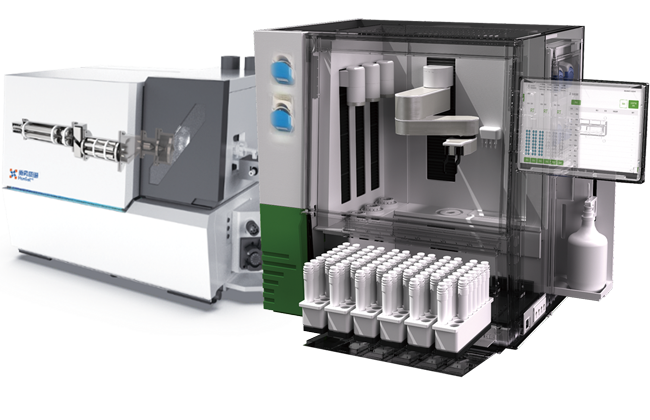Inductively coupled plasma mass spectrometry (ICP-MS) is a new analytical technique developed in the 1980s. Its interface technology combines the high-temperature (7000K) ionization characteristics of ICP with the sensitive and rapid scanning advantages of quadrupole mass spectrometers to form a new type of elemental and isotope analysis technology, capable of analyzing almost all elements on Earth. The analytical capabilities of ICP-MS can not only replace traditional inorganic analysis techniques such as inductively coupled plasma optical emission spectrometry (ICP-OES) and graphite furnace atomic absorption spectrometry (GFAAS) for qualitative, semi-quantitative, quantitative analysis, and accurate measurement of isotope ratios, but also can be coupled with other technologies such as high-performance liquid chromatography (HPLC), high-performance capillary electrophoresis (HPCE), and gas chromatography (GC) to analyze elemental speciation, distribution characteristics, etc. With the rapid development of this technology, it has been widely used in environmental analysis, semiconductor industry, medicine, biology, metallurgy, petroleum, nuclear materials analysis and other fields. As a major driving force for scientific and technological progress, universities and research institutions play an irreplaceable role in the application development and popularization of ICP-MS technology.





